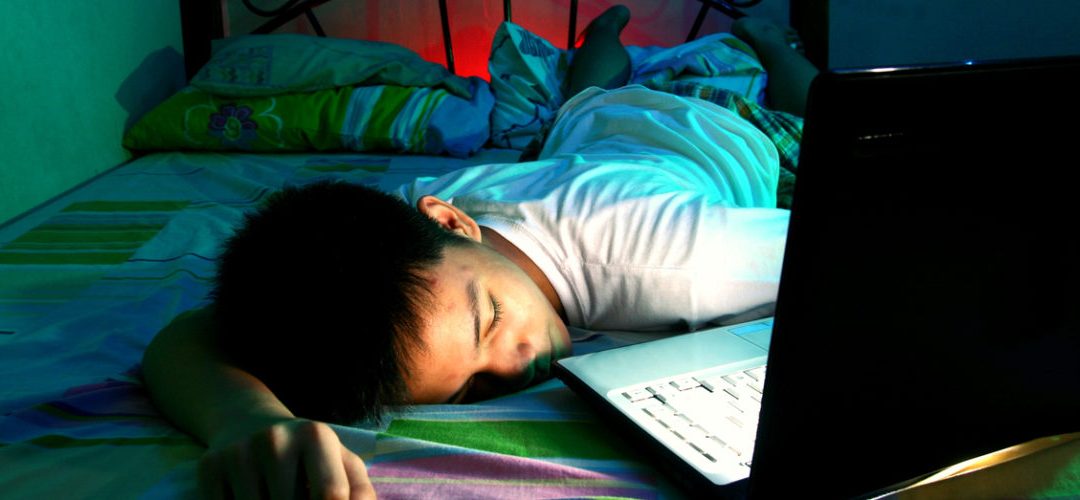Apparently I’m not alone in my delight at the prospect of settling down at the end of an evening with my favorite Netflix show. It’s addictive and delicious – partly because no thinking is required – and I’m guaranteed, to fall asleep easily. Perfect way to end a busy day, right?
Studies into how screens and tablets near our face affect our brain and therefore our sleep quality are suggesting the opposite.
Just we have brains cells focused specifically on detecting if a smile is authentic, we have brain cells that look for blue light, to determine if it’s time to wake up, or time to go to sleep. A screen-emitting blue light in front of your face is like telling your tired brain that its actually daytime, thereby messing with your sleep quality every night. Harvard Medical School researcher Steven Lockley suggests our brains are more alert when detecting blue light because we have evolved to only see it during the day.
So what are some fixes? Well, don’t worry, brains love habits and I’m not about to give up my Netflix that easily… Take a look at your iPad settings to lower screen brightness. You may want to do same with your kids’ devices if you don’t already have a screen curfew in place.
In a nutshell, tired brains aren’t happy brains that learn and focus well. There are always things we can do to be more mindful of giving our brain exactly what it needs… including good sleep.


Recent Comments